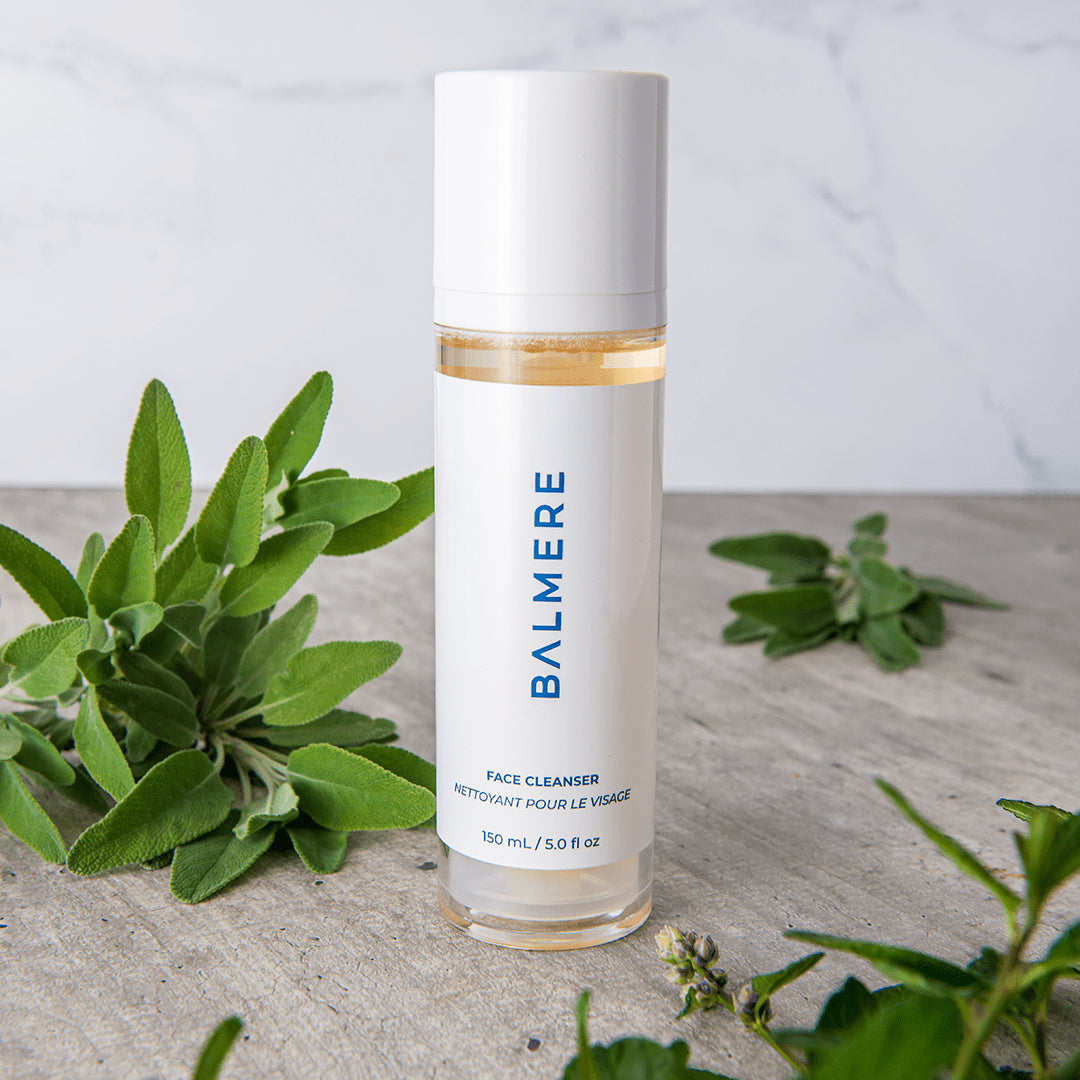
Having sensitive skin can make finding the right skincare routine a real challenge. When it comes to facial cleansing, it's essential to use products and techniques that are gentle and soothing to avoid irritation and flare-ups. In this article, we will explore some essential tips for facial cleansing with sensitive skin, so you can keep your skin clean and clear without causing any unnecessary discomfort.
Understanding Sensitive Skin
Before diving into the tips for facial cleansing, it's important to understand what sensitive skin is and how it can be identified. Sensitive skin is more prone to reactions such as redness, itching, and stinging in response to certain triggers, including skincare products, environmental factors, and stress. You may contact Balmere to buy sensitive skin cleaners.
Some common signs of sensitive skin include:
- Tightness or dryness after cleansing
- Redness or flushing
- Itching or burning sensations
- Rashes or hives
Identifying Your Triggers
One of the first steps in caring for sensitive skin is to identify your triggers. This can help you avoid certain ingredients or products that may cause irritation. Some common triggers for sensitive skin include:
- Fragrances
- Harsh chemicals
- Alcohol-based products
- Excessive scrubbing
Choosing the Right Cleanser
When it comes to facial cleansing, choosing the right cleanser is crucial for those with sensitive skin. Look for gentle, non-comedogenic cleansers that are free of harsh ingredients such as fragrances, alcohol, and sulfates. Opt for cleansers that are specifically formulated for sensitive skin and avoid products that contain exfoliating beads or acids that can be too harsh.
Essential Tips for Facial Cleansing with Sensitive Skin
1. Use Lukewarm Water
Hot water can strip the skin of its natural oils and lead to dryness and irritation, especially for those with sensitive skin. Instead, opt for lukewarm water when cleansing your face to help maintain the skin's natural moisture barrier.
2. Be Gentle
When cleansing your face, be gentle and avoid scrubbing too vigorously. Use your fingertips to massage the cleanser onto your skin in a circular motion, then rinse off with lukewarm water. Pat your skin dry with a soft towel instead of rubbing it, which can cause irritation.
3. Patch Test New Products
Before incorporating a new skincare product into your routine, it's essential to patch test it first. Apply a small amount of the product to a discreet area of your skin, such as behind your ear or on your jawline, and wait 24 hours to see if any reaction occurs. This can help you avoid potential flare-ups on your face.
4. Moisturize After Cleansing
After cleansing your face, always follow up with a gentle, fragrance-free moisturizer to help hydrate and protect your skin. Look for moisturizers that are formulated for sensitive skin and contain soothing ingredients such as aloe vera or chamomile.
5. Limit Exfoliation
While exfoliation can help remove dead skin cells and unclog pores, it can be too harsh for sensitive skin if done too frequently. Limit exfoliation to once or twice a week with a gentle exfoliator to avoid irritating your skin.
Conclusion
Caring for sensitive skin requires a gentle and mindful approach, especially when it comes to facial cleansing. By understanding your triggers, choosing the right products, and following essential tips for cleansing, you can keep your skin clean and clear without causing any unnecessary irritation. Remember to always listen to your skin and adjust your skincare routine as needed to ensure your skin stays calm and healthy.